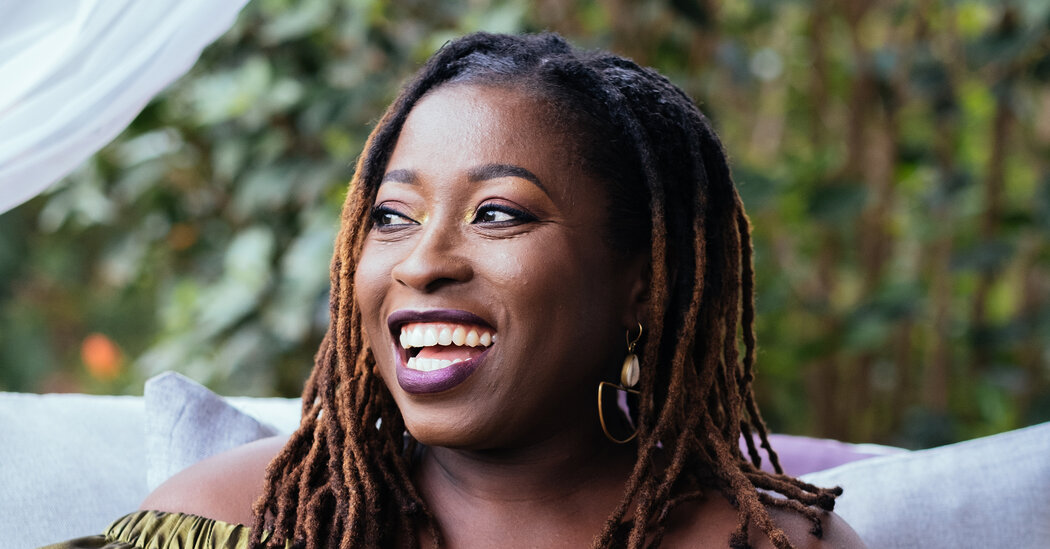
The positive reaction to Sekyiamah’s book was “so powerful and so necessary,” said Mona Eltahawy, the Egyptian American author of “The Seven Necessary Sins for Women and Girls” and “Headscarves and Hymens: Why the Middle East Needs a Sexual Revolution.”
The movement is “part of a sexual revolution that’s happening across our continent,” Eltahawy said.
As a woman of color and feminist writer who grew up and has worked in both the Middle East and the West, Eltahawy said the book made clear that “cisgendered, heterosexual, able-bodied, privileged white women” were far from the only ones exploring themes of sex and sexual fulfillment. The book appealed to her, she said, because it showcased the stories of African women of different sexualities, abilities, religions, economic status and national backgrounds.
“Sex drives are important to us too,” Eltahawy said in a phone interview. “Pleasure, and owning your pleasure, and wanting to liberate yourself sexually, is not a white woman’s life adventure. It belongs to the rest of us.”
Sekyiamah said she hoped the book would give African women a window into the divergent ways they could experience pleasure, rediscover their sexual power and gain agency over their bodies. But more importantly, she added, she hoped the book would help women find a community that would support them, understand their needs and help them navigate difficult circumstances.
“For me, community is always the solution,” said Sekyiamah, who said her work is inspired by other Pan-African activists and feminists including Sylvia Tamale, Hakima Abbas, Sokari Ekine and Tiffany Kagure Mugo.
While women frequently share their feelings about the book and its stories in public, Sekyiamah said the men who read it usually communicate their feelings to her privately.




